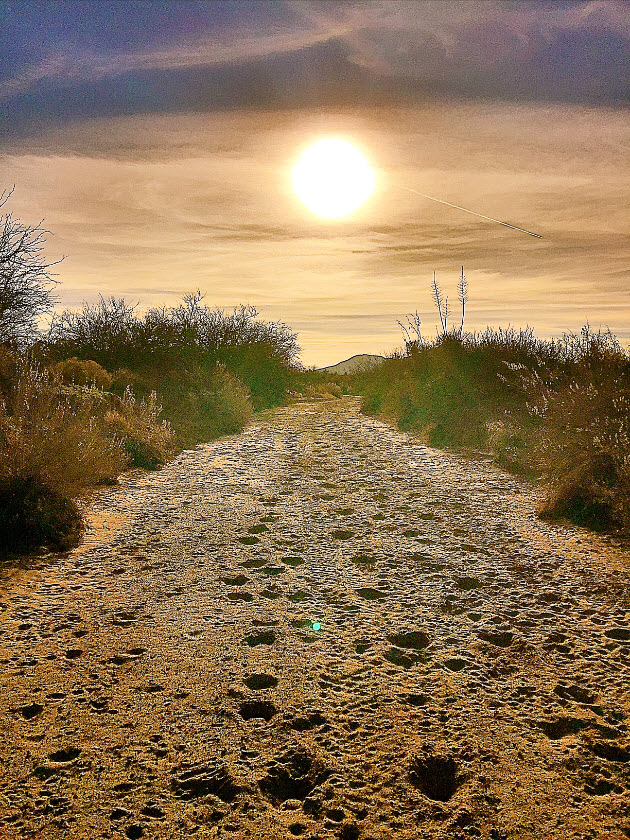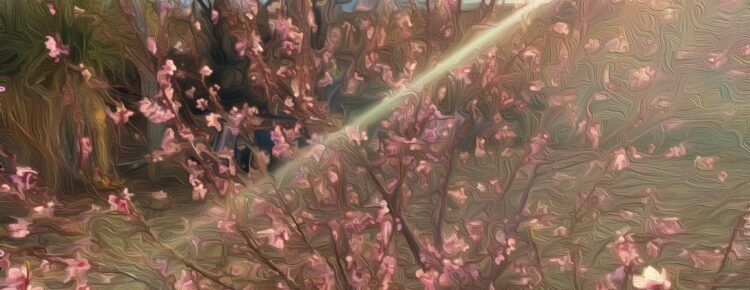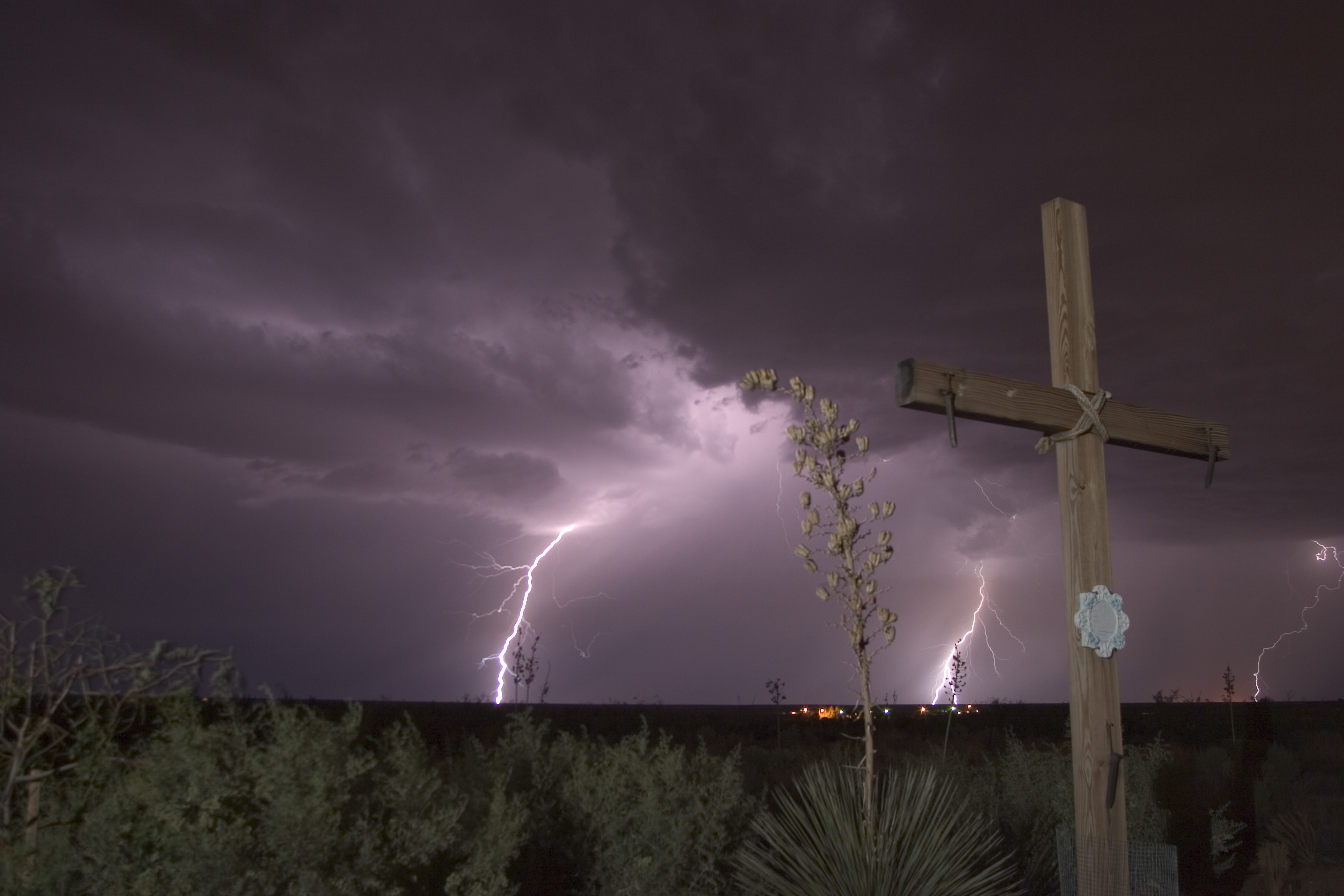Gospel Reading: John 9:1-41
Reflection:
“As he passed by, he saw a man blind from birth. His disciples asked him, ‘Rabbi, who sinned, this man or his parents, that he was born blind?’ Jesus answered, ‘Neither he nor his parents sinned; it is so that the works of God might be made visible through him. We have to do the works of the one who sent me while it is day. Night is coming when no one can work. While I am in the world, I am the light of the world.’”
- In uncertain times, (and really, all times are uncertain), people of faith struggle with the question, ‘What is God doing in all of this?’ We pray for protection of our families and friends, but we know many other people are praying for their families and friends and yet many get sick and die. Some are quick to explain suffering away from their convenient place of comfort and security. This kind of faith hurts people and it seems to really come from a place that’s anti-Gospel and anti-Christ. In the uncertainty of our suffering, the superficial aspect of our faith eventually dissolves into the quietness of trust. As we surrender our “answers,” a unity with Christ’s suffering accesses us and very often we find a signal in the noise, and that signal gives us a peace beyond what we understand. I’ve personally suffered a few deeply tragic events in my life. For me, it’s critical to connect with the God who suffers with me and as me, with the world, and as the world. I see this mystery in the cross, where the divine power is displayed in ultimate vulnerability. Following this Christ has required me to surrender other images of God to which I’ve held—the God who protects and blesses some people but fails to do so with all the rest of the unfortunate ones. The gospel accounts of the crucifixion display Mary, the mother of Jesus, gathered with her friends at the foot of the cross. In a very countercultural way, they don’t cry out at the injustice nor do they even attempt to explain what is happening. This is an eternal and holy silence that can access us when our lives fall apart.
“When Jesus heard that they had thrown him out, he found him and said, ‘Do you believe in the Son of Man?’ He answered and said, ‘Who is he, sir, that I may believe in him?’ Jesus said to him, ‘You have seen him, the one speaking with you is he.’ He said, ‘I do believe, Lord,’ and he worshiped him. Then Jesus said, ‘I came into this world for judgment, so that those who do not see might see, and those who do see might become blind.’”
- This narrative of Jesus healing the man born blind is obviously full of spiritual and metaphorical meaning. At the same time, it strikes to me a very literal chord because of the richness of detail. In my imagining of the text, I picture the man being born with no eyeballs at all and Jesus created them out of mud and his own spittle as a recapitulation of the Genesis creation story. Life was incredibly difficult for Jews in Palestine at that time—this man’s life in blindness had to have been all the crueler. And yet, I would speculate that his new life with eyes presented a whole different set of challenges for him. Further, I would venture that a true spiritual awakening invites much more chaos into our lives than anything else. I think we have the same choice, spiritually speaking, as this beloved man (tradition gives him the name, St. Celidonius) had. On one hand, we can cling to all the certainty and orderliness that religion offers, or we can dare to look, as Celidonius did, into the face of Jesus. Gazing upon the “beauty of God in the face of Christ Jesus” (2Corinthians 4:6) is a wonderful and terrifying experience. We look into the face of Christ when we see the face of the bereaved, the marginalized, the ill, the refugee, the incarcerated, the disinherited and so on. This kind of spiritual gazing is like squinting into the desert sun shimmering on glasslike sand. There are no absolutisms here—just the interplay of blinding light and moving shadows. Here, there is the invitation to trust in the present moment where the presence of God burns. This kind of encounter with God is threatening to our moral and cultural structures and influences as well as all we’ve used to give ourselves a sense that our lives are manageable. Thomas Rosica concludes: “The man’s profession of faith has a terrible consequence for him and for all of us. He is cast out of the synagogue. He is cut off from the Torah, from his family, from the Friday evening Sabbaths with his family and friends, from the certitude of the Law – all because he gazed deeply and directly into the Light. And yet, it was his persistent gaze that brought him a strange form of healing and sight.” This “glimpsing the face of Christ” is never what we expect to see, and the view is always changed with each glance. The healing we seek never turns out the way we internally demand, but we get to see the face of Christ in the faces of everyone we encounter—including the one in the mirror.
Prayer:
In My Sight and in My Seeing
(David Morrison)
You set eyes in my head from my mother’s womb:
yet so often I would rather have the safety
and surety of my interior blindness:
Attempting to see everything only through me,
and then seeing nothing.
Wash the shade from my sight and in my seeing
let me look through your light as I look out on our world.
Jesus, you are the fusion of divinity and earthly clay:
Anoint my eyes with your vision-
That I may embrace my humanity made sacred in You.
In my sight, and in my seeing, let me discover for the first time:
Heaven interwoven with earth
Faith rising from jadedness disguised as swaggering enthusiasm.
Hope extracted from despair masked as confident optimism.
Love overcoming hatred cloaked in sanguine politeness.
And the Harvest of Justice and the Feast of Joy to be shared by all.
Amen.

Desert View (filtered photo, David Morrison)



